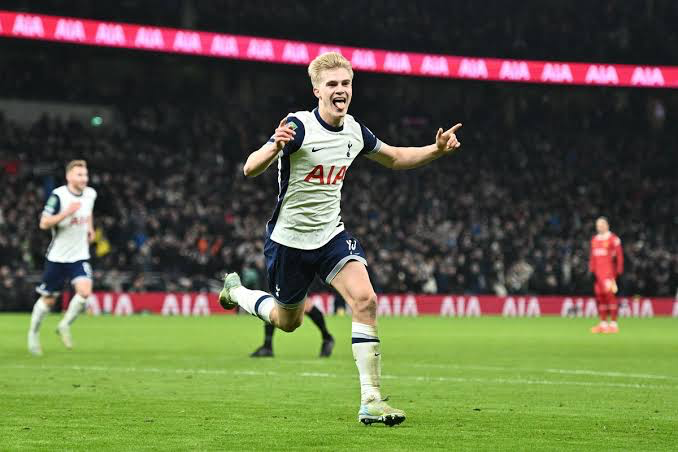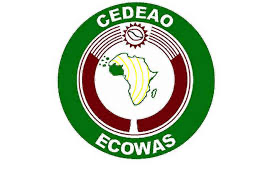Omar Touray, President of the Economic Community of West African States (ECOWAS) Commission, has urged for the strengthening of democratic institutions in West Africa, warning that recent military coups have revealed the fragility of the region’s political systems.
Touray delivered this message during a lecture on Tuesday in Abuja, hosted by the Association of Retired Career Ambassadors of Nigeria. His keynote address, titled “Consolidating Democracy and Integration in ECOWAS: The Journey So Far,” focused on both the progress made and the ongoing challenges faced by the region, particularly the recent rise in military takeovers.
Touray emphasized that persistent issues such as poverty, youth unemployment, and severe inequality have eroded public trust in democratic governance, creating openings for military intervention. He highlighted the broader geopolitical context, pointing to the instability in the Sahel region following the 2011 fall of Libya’s Muammar Gaddafi, which has fueled terrorism and further destabilized West Africa.
“The dangerous combination of terrorism, widespread discontent, and frustration with the lack of democratic dividends has provided the military with ample justification to seize power,” Touray remarked.
Despite these obstacles, Touray expressed optimism for the future of democracy in West Africa. He cited recent elections in Senegal and Liberia as signs of democratic resilience and praised countries like Ghana, Cape Verde, and Nigeria for their continued commitment to democratic governance.
To protect and strengthen democracy, Touray outlined five key priorities for ECOWAS: reinforcing regional and national institutions, expanding political participation, ensuring judicial independence, fighting corruption, and fostering responsible media and social media practices.
In his remarks, Nigeria’s Minister of Foreign Affairs, Amb. Yusuf Tuggar, reaffirmed the country’s leadership role in promoting democracy and regional integration within ECOWAS, particularly in the face of increasing unconstitutional changes in government.
Tuggar acknowledged the instability that has plagued West Africa but vowed that Nigeria, as the region’s largest economy, would play a key role in stabilizing ECOWAS. He specifically addressed the military coups in Niger, Burkina Faso, and Mali, which led to strained relations between these countries and ECOWAS after sanctions were imposed in response to their unconstitutional changes of government.
While ECOWAS has suspended these nations, it has insisted that they return to constitutional rule before sanctions are lifted. However, Burkina Faso, Mali, and Niger have rejected any reintegration efforts, accusing ECOWAS of abandoning its original pan-African principles.
President Bola Tinubu, as current ECOWAS chair, has been actively engaging with these countries, urging them to reconsider their stance and rejoin the bloc, emphasizing that ECOWAS remains committed to maintaining friendly relations.



